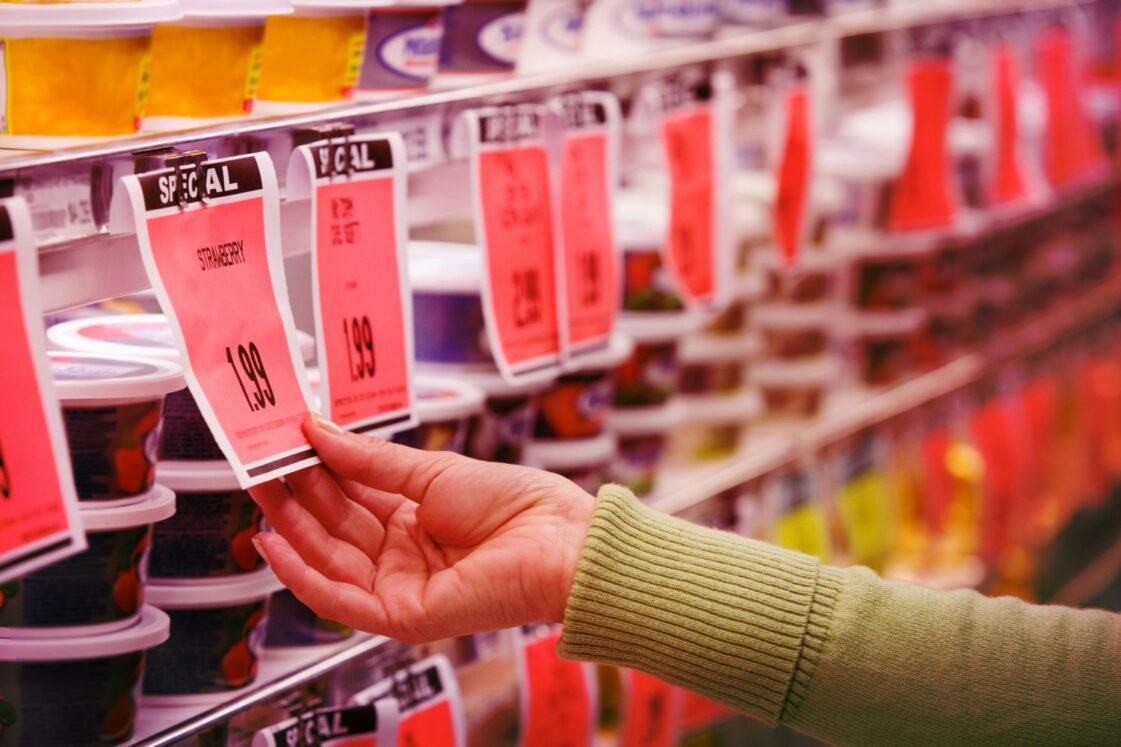Learn, Explain, Meaning, What is Definition of Price Perception?
Price perception is one of the leading variables when it comes to consumers buying process. Economists, market researchers have already undergone researches and predict that in buying decision price are the driving forces. Several studies explain and determine and explain the same fact thereby concluding the fact with decision making. The determinants of price perception can be both rational and psychological factors. The other factors may become psychological factors and prestige. The key variable to explore and explain consumers. Price perception is the degree of understanding the psychological process of consumers’ price perception. Also, Do you Know Price Perception and Pricing Strategy? Definition of Price Perception!
Meaning of Perceived value!
“Perceived value is the worth that a product or service has in the mind of the consumer. For the most part, consumers are unaware of the true cost of production for the products they buy; instead, they simply have an internal feeling for how much certain products are worth to them. To obtain a higher price for products, producers may pursue marketing strategies to create a higher perceived value for their products.”
When a firm has seasonal demand, the discrepancies are observed between the supply and demand. Generally, the firm has the excess supply at the time of low demand and scarcity when there is high demand. If the firm commercializes goods and faces seasonal demands, it can minimize the effect through good management of production and storage. The problem becomes more difficult in several sectors such as tourist services. The prices are fixed by these companies and firms drives the price-perception in different aspects. Which can differ according to the individual characteristics? The pricing fixed by the firm by undifferentiated strategies, under price discounts may lead the consumers/individuals to perceive as low-quality products offer. So the price discount strategy becomes ineffective in this case.
Price perception is a marketing strategy using businesses to increase total sales. Although the practice does not necessarily misrepresent the products sale. It is often considering a covert, or slightly undercover, approach. The success of this strategy is dependent on consumer psychology because the message must convince customers. That expensive items are not that far away in price from less costly products. Ultimately, it is up to customers to decide whether or not products warrant their investment.
“A business can sometimes benefit from downplaying the value of high-end products instead of treating expensive items as though they are special.” This type of psychology could work because of price perception. Which is the way that consumers interpret the cost for items despite the price tag that might attach to the products? Positioning pricey products in the same area as less expensive inventory could alter a consumer’s price perception. So, that there appears to be less of a discrepancy between high-end and low-end items.
When a costly product is marketing to fulfill a similar purpose as less expensive items, it may be more acceptable to consumers. Without even knowing it, customers might equate costly items with their less expensive counterparts simply because of the way the items are marketing and placed in a retail outlet. How Do You Know Your Company Wants Help From The Outside? Subsequently, consumers might more incline to pay more for an item simply as a result of price perception. As long as customers understand a price to be acceptable, even if it is a result of strategic marketing efforts by a retailer or manufacturer, they may convince to make a higher-priced purchase that would otherwise ignore.
Price-perception could work for an organization if a customer feels deceived. For instance, bait and switch is another marketing tactic that businesses can use when performed ethically. It is the practice of advertising an inexpensive item but later attempting to sell inquiring customers a higher-priced item. Retailers can bolster sales by using the customer’s inquiry as an opportunity to switch the cheaper item for a more expensive product. Savvy consumers might not fall for this strategy and price perception could be a less convincing tactic when customers have already decided to pay a certain amount for an item.
Businesses who are not seeking to capitalize on price perception would focus instead on providing consumers with transparency. This is a marketing approach that attempts to provide as much information and context about a purchase as possible, What is Most Valuable Price? including the potential risks associated with an item. Subsequently, consumers are less likely to make selections they may later regret.

